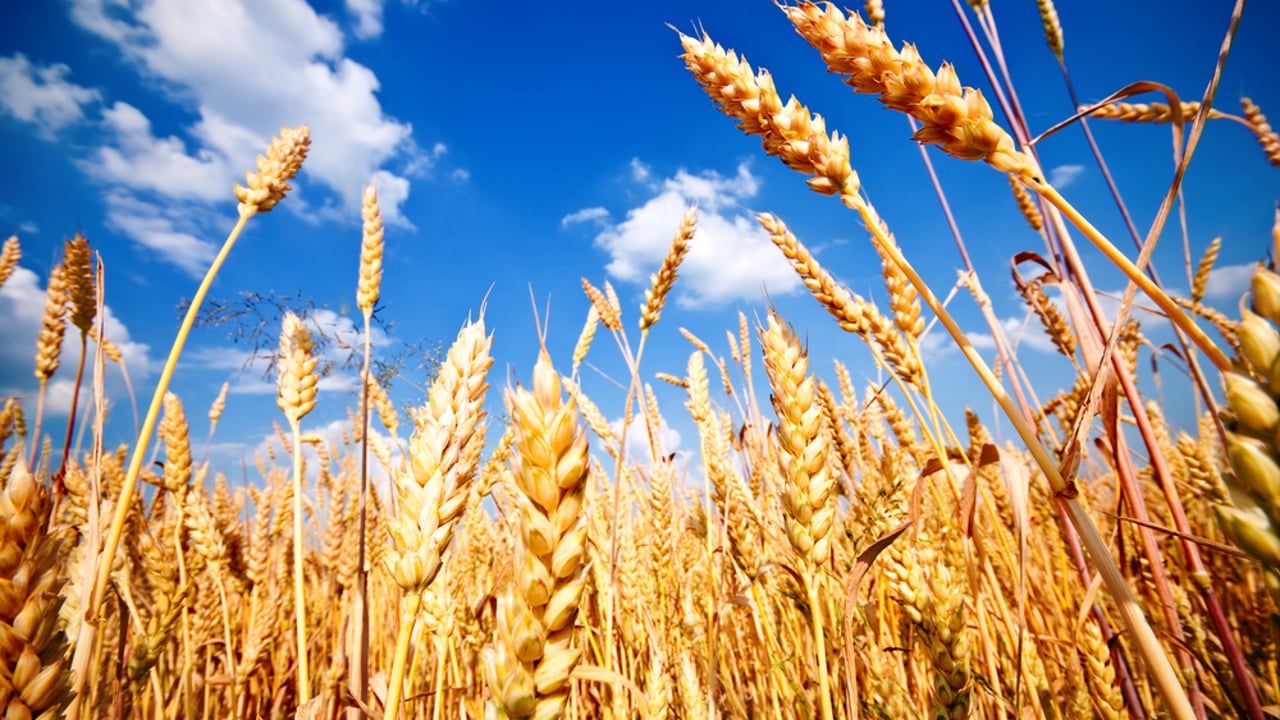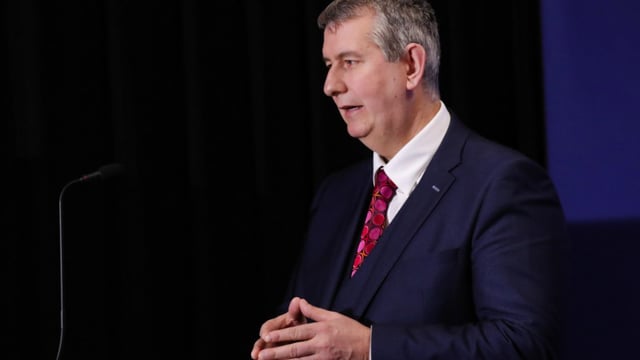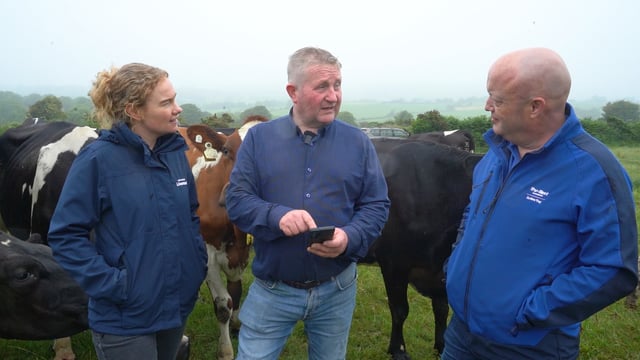CAP convergence must be 85% maximum - Irish Grain Growers
The Irish Grain Growers’ Group (IGGG) is demanding that convergence is set at a maximum of 85% in the next Common Agricultural Policy (CAP).
In its CAP strategic plan submission to the Department of Agriculture, Food and the Marine (DAFM), the group said that CAP deals to date had failed the Irish tillage farmer and proof of this can be seen in the severe loss of tillage land over the years.
"Our greenhouse gas (GHG) emissions are extremely low (0.5t/ha CO2 equivalent/year) and any increase in the tillage area will help meet the agriculture sector's absolute emissions targets, yet we find ourselves under the potential constraints of a new CAP reform," IGGG added.
The group claimed that some of the current proposals, such as convergence and the Complementary Income Support for Sustainability (CRISS), have the potential to do the opposite of what this CAP is aiming to achieve.
In its submission to the DAFM, it called for:
The IGGG said it believed the current proposals will not target the active farmer, aid biodiversity or reduce climate change.
The biggest threat to the future of the active full-time tillage farmer is convergence, the group stated.
It said the vast majority of farmers are relying on their Basic Payment Scheme (BPS) payment for the bulk of their income.
"Farmers will leave full-time farming pushing more farmers into 'armchair farming' or part-time farming whilst creating fewer, much larger farms," the IGGG claimed.
Under the proposed eco schemes, the group said tillage farmers will be further impacted by convergence as they will be paid the same amount per hectare but will have more conditions and regulations to meet.
IGGG said a way must be found under Pillar II to target money at the tillage sector to counteract the negative impact of convergence.
It also said that there was "little or no value" placed on work done by tillage farmers through greening over the past eight years.
IGGG said that mandatory crop rotation would be extremely difficult as there are limited markets for many crops and Irish weather conditions can also impact planting and harvesting.
The group proposed that the three crop rule should be increased to bring more farmers back into tillage.
IGGG said the proposals did not include a reduced nitrogen (N) measure to suit tillage farmers, adding that 74kg/ha is unworkable on most tillage farms.
It said a crop specific option could be an "attractive measure", if protein crops were included.
The group said it was vitally important that eco scheme payments remain with active farmers and "avoid leakage to the landowner in leasing situations".
It added that any redistributed CRISS funding must be targeted at the active farmers.
"It is illogical to think that a leaser would potentially benefit from this model and not be actively farming," IGGG said.
IGGG said there needs to be a tillage specific programme under Pillar II to reward farmers for being more environmentally friendly.
It suggested a scheme with a ceiling of €15,000/tillage farmer to DAFM.
The group said the budget for the successful Straw Incorporation Measure needs to be expanded to a minimum of €350/ha and the maximum land area that a farmer can apply for raised to 60ha.
IGGG said it supported the DAFM proposal around entitlements in principle, but wants to see a clawback system on long-term leases.
It also proposed that any leased in entitlements that go back to the landowner are not subject to the €66,000 limit in the BISS.





